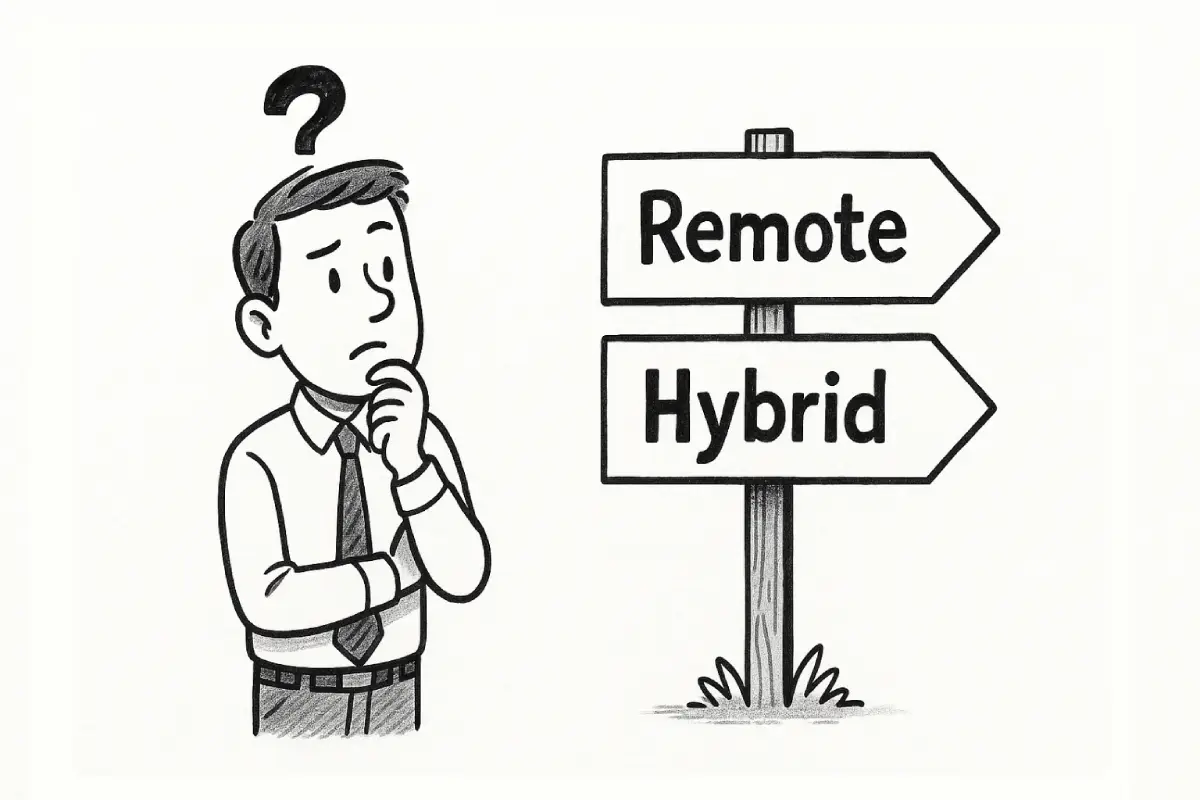The rise of remote work has introduced both opportunities and challenges for professionals across various industries. While the flexibility and autonomy provided by working from home or other remote locations have become increasingly attractive, they also come with the potential downside of isolation and lack of social connection. In this article, we will explore the importance of maintaining social connections in a remote work environment, along with strategies for overcoming isolation and fostering a sense of community.
The Remote Work Revolution
In recent years, remote work has gained significant traction as a viable alternative to traditional office-based work environments. Enabled by advancements in technology and an increasing demand for flexibility, businesses and employees alike have embraced the concept of working from anywhere. In fact, according to a study conducted by Upwork, it is estimated that by 2025, 36.2 million Americans will be working remotely, representing an 87% increase from pre-pandemic levels.
Remote work offers several advantages, such as reduced commuting time, increased autonomy, and better work-life balance. However, it also presents unique challenges, one of which is the potential for social isolation.
The Importance of Social Connection
Human beings are inherently social creatures, wired for connection and belonging. Research has consistently shown that strong social connections are essential for our mental and emotional wellbeing. In the context of work, social connections can improve productivity, foster creativity, and promote job satisfaction.
In a traditional office setting, social interactions occur organically through daily interactions with coworkers. However, remote work often lacks these spontaneous moments of connection, leading to feelings of isolation and loneliness for some employees.
The Challenges of Remote Work Isolation
Working remotely can create a sense of detachment, both from colleagues and from the company as a whole. This lack of connection can lead to various issues, including:
- Reduced collaboration and communication
- Diminished sense of belonging
- Lower job satisfaction
- Decreased motivation and engagement
- Increased feelings of loneliness and depression
It’s crucial for remote workers to actively seek out ways to maintain social connections and overcome these challenges.

Strategies for Overcoming Isolation
There are several strategies remote workers can employ to overcome feelings of isolation and maintain social connections.
1. Virtual Team Building
Companies and team leaders can organize virtual team-building activities to help employees connect and develop relationships. These activities may include online games, virtual happy hours, or themed video meetings.
2. Establishing a Routine
Developing a routine that includes regular social interactions, both with colleagues and friends, can help alleviate feelings of isolation. This might involve scheduling daily or weekly video calls, virtual lunches, or coffee breaks with coworkers.
3. Dedicated Social Channels
Creating dedicated channels on communication platforms like Slack or Microsoft Teams for casual conversations and non-work-related topics can help maintain a sense of camaraderie among remote workers.
4. In-person Meetups and Events
Organizing periodic in-person meetups, workshops, or team retreats can provide valuable face-to-face interaction for remote workers. These events help to build stronger connections and foster a sense of belonging within the team.
5. Expanding Your Professional Network
Remote workers can also benefit from expanding their professional networks through online forums, industry events, and social media platforms like LinkedIn. Engaging with peers in your field can provide additional opportunities for social interaction and support.
6. Embracing Hobbies and Interests
Pursuing hobbies, interests, or volunteering opportunities outside of work can help remote workers build connections within their local communities. This can be a great way to combat feelings of isolation and develop a support network beyond the workplace.
Building a Remote Work Community
Creating a strong sense of community among remote workers can help overcome feelings of isolation and promote a more engaged, collaborative, and productive workforce. Here are some tips for fostering a remote work community:
- Promote a culture of inclusivity and openness. Encourage open communication and provide a safe space for employees to share their thoughts, ideas, and concerns.
- Facilitate regular communication. Establish a regular cadence of team meetings, one-on-ones, and informal check-ins to maintain consistent communication and connection among team members.
- Recognize and celebrate achievements. Acknowledge individual and team accomplishments through recognition programs or shout-outs in team meetings.
- Encourage personal connections. Encourage team members to share personal stories, experiences, or hobbies to create deeper connections and a sense of camaraderie.
- Offer support and resources. Provide resources and support for mental health and wellbeing, such as employee assistance programs or mental health days, to help remote workers manage feelings of isolation or stress.
- Invest in technology and tools. Utilize technology and tools that facilitate communication, collaboration, and social interaction among remote workers, such as video conferencing platforms, project management tools, and instant messaging apps.
Conclusion
Remote work offers numerous benefits for both employers and employees, but it also presents unique challenges, particularly when it comes to maintaining social connections. By implementing strategies to overcome isolation and fostering a sense of community, remote workers can thrive in their work environments and maintain their mental and emotional wellbeing.
With the right approach, remote work can be a positive experience for all involved, leading to greater job satisfaction, increased productivity, and a more engaged and connected workforce. By recognizing the importance of social connection and taking proactive steps to build and maintain relationships, remote workers can enjoy the many advantages of this work model while also staying connected to their colleagues, their company, and their community.
You might also like: Why Soft Skills Will Outrank Hard Skills in 2026









